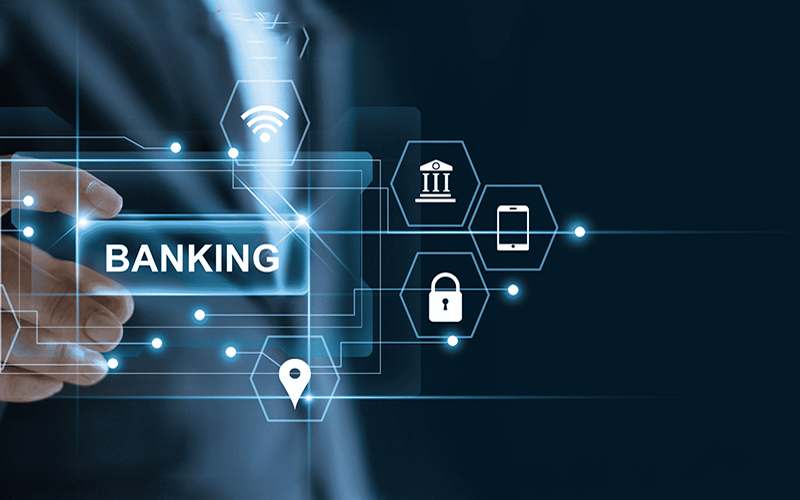Over the last decade, a new demand has emerged: the desire to carry an innovative set of banking features in your pocket. Fintech has evolved into a volatile environment, characterized by disruptive innovations and solutions that combine multiple products into a single application. Neobanks have a high level of security thanks to blockchain technology, artificial intelligence, and machine learning solutions.
What Makes Neobanks Secure
On a macro scale, some neobanks can spend their cash flow on something other than a physical location, upfront costs, rent, and office space makes them more secure than traditional local brick-and-mortar banks.
Regulations
Neobanks invest all of their capital in innovative solutions and security. Moreover, this isn’t to say that the most advanced and universally recognised neobanks aren’t regulated by financial institutions and always adhere to the highest security standards. These benchmarks provide a regular assessment of vulnerability and risk and testing for potential attacks and leaks.
Neobanks run monthly or weekly tests on their blockchain-secured networks to guarantee that all endpoints are secure. Several of the most forward-thinking neobanks invest in machine learning algorithms that parse their own security systems daily, looking for flaws. If a vulnerability exists in the blockchain’s node network, the algorithm detects it and notifies the team in charge. Numerous neobanks operate in collaboration with traditional banks, allowing for additional fund insurance similar to what a conventional bank would provide in the event of insolvency.
2-Factor Authenticators
A two-factor authenticator can take several forms, the most prevalent of which is to send a code to your mobile device via SMS. This implies that you must have access to both your online banking and your cell phone for each transaction. Aside from passwords and secret questions, this adds an extra layer of security. Yes, many external banks have digital apps that include 2-factor authentication for credit and debit card purchases, but to be honest, some of their systems need to be fixed.
Many banks require 2FA verification for larger debit card purchases or after a specific card limit has been reached but do not require 2FA for online bank wire transfers. The primary reason for this is to save money. Because most of the frauds occur through debit card fraud rather than social engineering, a similar aspect should not be overlooked.
What Neo Banks Regulators to Trust?
While neobanks have a very distinct approach to business from traditional banks, they are subject to the same regulations as all other financial institutions. And these licences are complicated to obtain.
When opening a digital bank account, you should look for the following licences and regulations:
AFS license (Australian Financial Services)
The ASIC issues this licence, which enables the neobank to operate on Australian soil. It involves a lot of things, such as risk management, employee training, compliance procedures, etc.
ADI license (Authorized Deposit-Taking Institution)
APRA grants the ADI to a financial institution. This licence enables the organisation to carry out banking operations such as deposits, transfers, and withdrawals.
FCS (Financial Claims Scheme)
The FCS enables funds up to a certain amount to be guaranteed and backed up by the government in the event of insolvency.
Social Proof, Customer Reviews, and Word of Mouth
It’s more crucial to find out if your friends use digital banking apps and solicit their feedback. Read reviews, compare trust-pilot scores, and form an informed opinion. Some of your friends may have used one neobank and then switched to another for purposes that are essential to you. Inquire around.
Final Thoughts
With over 250 neobanks and counting, finding a bank that meets your needs, operates in your region, and is secure can be difficult. Verify the regulations of the institutions you’re thinking about attending and ask around. Try comparing everything that matters to you, and experiment with small amounts. Remember that most neobanks do not impose a minimum deposit.
















